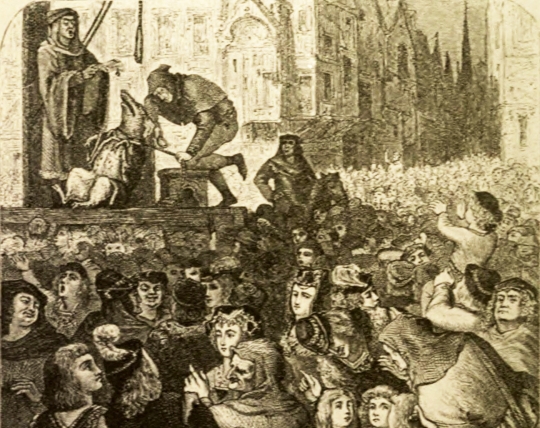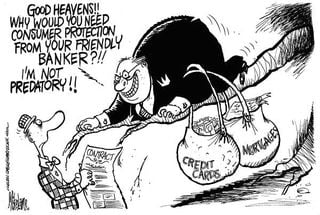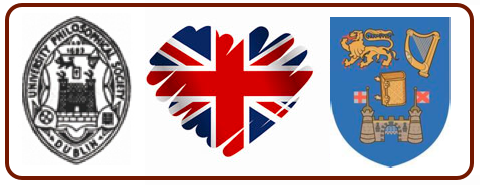Multiple publication; multiple reform?
 At common law, the rule in Duke of Brunswick v Harmer (1849) 14 QB 185 established that each individual publication of a libel gives rise to a separate cause of action, subject to its own limitation period; hence, if the same publication is read many years later, that is a new publication giving rise to a new cause of action. It has been abolished in Ireland by section 11 of the Defamation Act, 2009 (also here), which provides:
At common law, the rule in Duke of Brunswick v Harmer (1849) 14 QB 185 established that each individual publication of a libel gives rise to a separate cause of action, subject to its own limitation period; hence, if the same publication is read many years later, that is a new publication giving rise to a new cause of action. It has been abolished in Ireland by section 11 of the Defamation Act, 2009 (also here), which provides:
(1) Subject to subsection (2), a person has one cause of action only in respect of a multiple publication.
(2) A court may grant leave to a person to bring more than one defamation action in respect of a multiple publication where it considers that the interests of justice so require.
(3) In this section “multiple publication” means publication by a person of the same defamatory statement to 2 or more persons (other than the person in respect of whom the statement is made) whether contemporaneously or not.
Moreover section 3 of the Rules of the Superior Courts (Defamation) 2009 (SI No 511 of 2009) provides for procedures relating to applications under section 11, though I am not aware of any caselaw yet on that section.…
 Earlier this evening, I did an interview on
Earlier this evening, I did an interview on 

